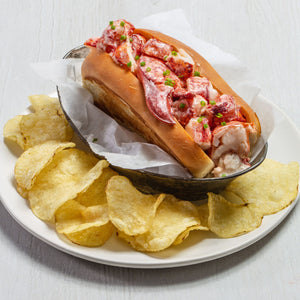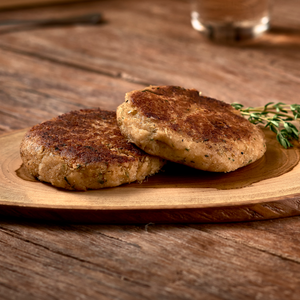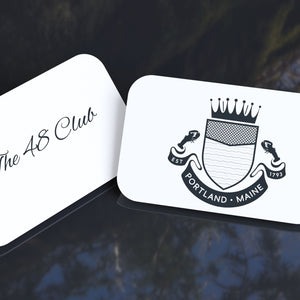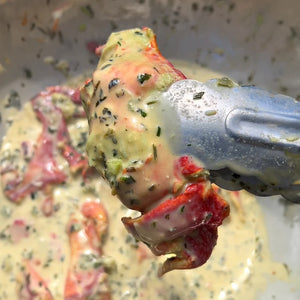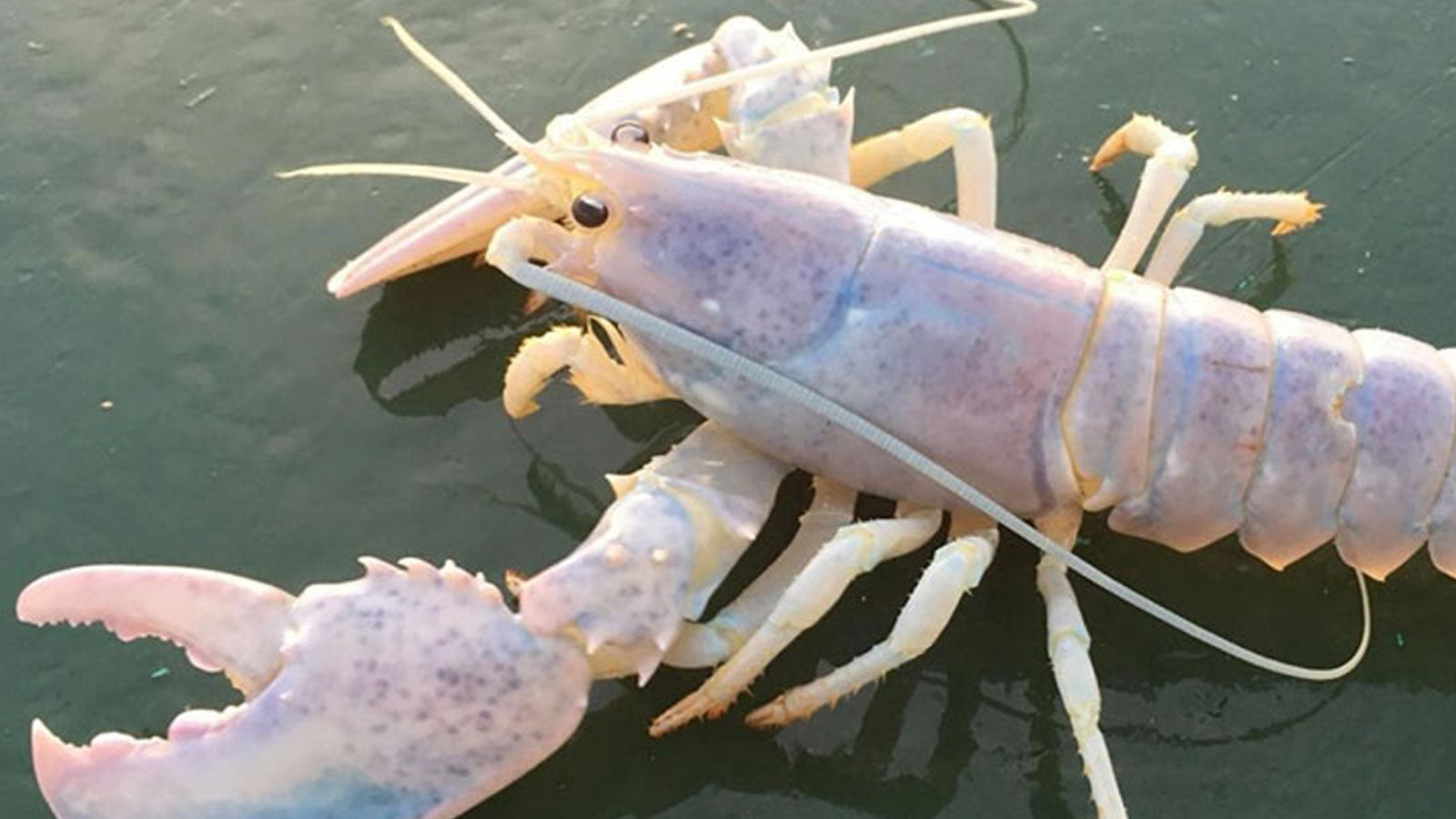Discovering Albino Lobsters: A Rare Sight Off the Coast of Maine
Maxx TudShare
Have you ever stumbled upon something so rare, it almost feels mythical? That's exactly the feeling you get when encountering an albino lobster, a ghostly beauty with an almost otherworldly appearance.
These lobsters, lacking the typical vibrant hues, are a true spectacle of nature. Recently, off the picturesque coast of Maine, a fisherman lucked out on such a rare find, pulling up an albino lobster from the depths of the Atlantic. This isn't just about capturing a rare creature; it's about the sheer wonder of discovering the unusual right in our backyard seas.
What Makes Albino Lobsters Unique?
Albino lobsters, donning a minimalist white due to a condition known as Leucism, certainly missed the memo on the usual reds and greens of their crustacean cousins. This genetic twist strips them of the typical lobster colors, rendering them the pale phantoms of the ocean floor.
Unlike their colorful kin, albino lobsters aren’t just rare; they're like the unicorns of the sea; so elusive that spotting one is akin to winning the marine lottery. They lack the pigment that cloaks other lobsters in more lively colors, setting them apart not just in appearance but as whispers of nature's whimsical side.
The Rarity and Odds
Ever hit the jackpot? Catching an albino lobster is pretty much the marine biologist’s version of winning the lottery, only wetter and way more thrilling. With the odds stacked at a whopping 100 million to 1, spotting one of these ghostly lobsters is like finding a needle in a vast, oceanic haystack.
To put that in perspective, you’re more likely to stumble upon a blue or calico lobster, which are rare in their own right but might as well be common guppies compared to their pale cousins. So next time you're lobster fishing, keep those eyes peeled and you might just score the crustacean jackpot!
Fishing for Albino Lobster in Maine

Maine isn't just famous for its picturesque landscapes; it's also a hotspot for those fishing for the elusive albino lobster. Here’s what makes lobster hunting in Maine a must-try adventure for seafood enthusiasts and hopeful lobster spotters:
- Where to Cast Your Net: While these pale spectacles could theoretically pop up anywhere, some areas like the cold, deep waters off Stonington and Bar Harbor seem to whisper promises of rarer finds. It’s like searching for hidden treasure, but instead of a map, you’ve got your fishing gear and a boatload of optimism.
- Optimize Your Odds: While catching any lobster in Maine is a thrill, nabbing an albino is something special. Using local insights can help increase your chances. Remember, it’s not just about luck; it’s about where you drop your traps in the vast Maine waters. And hey, while you’re at it, enjoy the affordable bounty! Maine’s known not just for the quality of its lobsters but for prices that don’t make your wallet shell-shocked.
Handling and Conservation of Rare Lobsters
Catching a lobster that looks like it could haunt the ocean might feel like striking gold, but with great rarity comes great responsibility. Ethical fishing practices are crucial, especially when it comes to these spectral crustaceans. For instance, seasoned fisherman like Mike Billings, who’s had his fair share of rare finds, adheres to a catch-and-release policy for undersized lobsters, including our ghostly albino friends.
It's about respecting the sea's biodiversity and ensuring that future generations can also experience the thrill of pulling up something extraordinary. Think of it as ghostbusting with a conscience: catch those rare beauties, appreciate the moment, and gently let them go back to spooking fish instead of fishermen.
The Market for Albino Lobsters
You might wonder if the ghostly appearance of an albino lobster bumps up its price tag. While it’s true that rarity can increase value, in the seafood market, these pale specters don’t necessarily command a premium.
Sure, an albino lobster might spark a bidding war among collectors or aquariums, but as for dinner plates, think again. Despite myths, albino lobsters are rarely cooked, partly due to their novelty and partly because, well, who wants to eat a ghost? It seems even in the culinary world, some like it not so hot (or cooked).
Personal Stories from Local Fishermen
Maine’s waters are as deep and mysterious as the stories told by those who navigate them. Take Mike Billings, a local legend not just for his translucent catch but for his knack for pulling up the ocean’s oddballs.
From his blue-clawed crustacean to a calico beauty that looked like it had been splattered with paint, Mike’s tales almost sound like fishy folklore. And he’s not alone; many fishermen in Maine share tales of their unusual hauls, weaving a rich tapestry of maritime mythology that adds a splash of color to the already vibrant local fishing culture.
Wrapping Up
Albino lobsters are not just a curious quirk of nature; they're a dazzling reminder of our oceans' hidden wonders and the ecological diversity beneath the waves. As we delight in these rare beauties, let’s also remember the importance of sustainable fishing practices that help preserve such marvels.
At Get Maine Lobster, we're committed to these principles, ensuring every lobster tale has a responsible beginning. And if all this talk of rare lobsters has whetted your appetite, why not dive into our selection of live Maine lobsters or succulent lobster tails? Trust us, they’re almost as extraordinary as catching a ghostly albino yourself!





